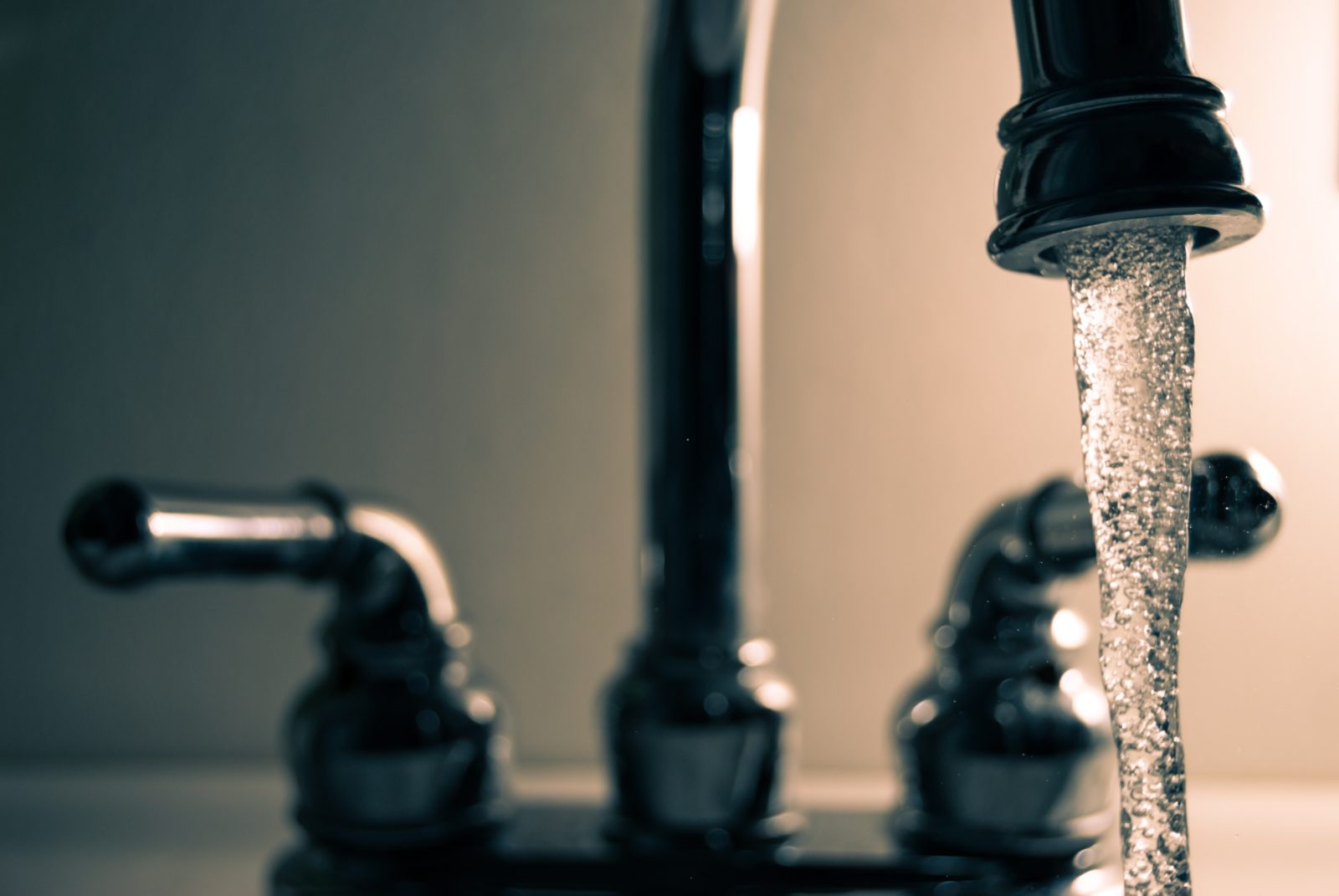Despite the rising energy prices, water managers have not yet increased water and sewerage charges, which average around CZK 95 per cubic meter, with a few exceptions.
However, they are demanding a cap on electricity and gas prices. If they were not covered or supported by public funds, up to two million residents would face price increases of more than 50% after rising energy costs were factored into the final price of water and sewerage. Vilém Žák, director of the Water Supply and Sewerage Association (SOVAK ČR), said this.
Žák claims that energy accounted for roughly 10 to 12 percent of the cost mix of water and sewerage charges before the crisis. However, for companies that have failed to contract energy prices and instead buy at spot prices, this share has risen to more than 50%.
“The water industry is one of the few industries working against inflation. Most are holding the price because they hope the situation in the energy market will normalize,” Žák said. “However, if we fail to cap or otherwise subsidize energy prices, the equivalent of 1.5 to 2 million residents may find themselves in a situation where the price of water and sewerage fees will rise by more than 50 percent,” he said.
The Water Supply and Sewerage Industry Association has 113 members who supply drinking water to over nine million people in the country, discharge wastewater for nearly eight million people, and treat 98 percent of that wastewater. According to Žák, only about 20 members increased water and sewer fees during the year.
Water and sewage fees in the Czech Republic are decided mainly by municipal and city councils, which own 90% of the water infrastructure.Žák is concerned that if a municipality chooses not to raise water and sewerage fees, it will lose funds for infrastructure renewal, which should be a mandatory component of water and sewerage fees.
“The lifespan is calculated on decades, so if it happens in one year, nothing fatal happens, but if it’s over a longer period, there would be a bigger problem. In any case, the money withheld in this way must be paid back in time,” Žák said.
Photovoltaics would help
According to him, increasing energy independence could also help water managers, thanks to photovoltaic panels or heat pumps. “This is extremely useful for water managers. We have land, and everything we would produce in this way, we would also be able to consume,” Žák pointed out.
Broader implementation of smart solutions is hampered by current legislation. He said that the water sector is one of the most regulated in the Czech Republic and does not particularly encourage operating companies to install photovoltaic panels, for example.
“If an operator makes savings, it must be reflected in the price of water and sewerage charges, it must be reduced, and it must not be reflected in profit, which makes it impossible to recover the investment,” Žák said.
The change may also be supported by the memorandum of cooperation signed on Thursday between SOVAK ČR and the State Environmental Fund in environmental investment management. “The devil is in the detail, and we can point out what needs to be changed and look for solutions together,” Žák added.






Leave a Reply